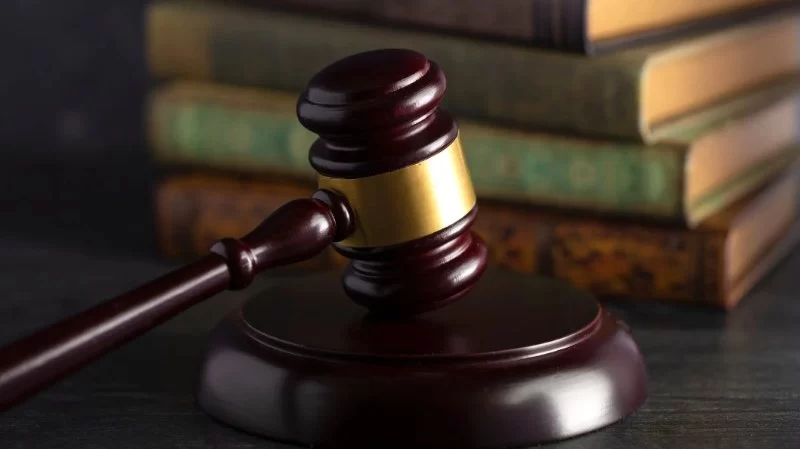
- understanding-public-records-lawsuits-and-their-scope
- the-connection-between-public-records-and-press-freedom
- noteworthy-cases-shaping-press-access
- challenges-faced-by-journalists-and-news-organizations
- why-legal-support-from-esplawyers-is-crucial
1. Understanding Public Records Lawsuits and Their Scope
Public records lawsuits arise when government agencies deny access to records that should, under open records or freedom of information laws, be available to the public. These lawsuits are often filed by individuals, journalists, advocacy groups, or watchdog organizations to enforce transparency in government operations.
In the U.S., the federal Freedom of Information Act (FOIA) and various state-level laws govern access to public records. However, vague denials, excessive redactions, or unjustified delays frequently lead to litigation. These lawsuits serve as a critical check on governmental secrecy and bolster civic accountability.
2. The Connection Between Public Records and Press Freedom
2.1 Transparency fuels journalism
For the press, access to public records is not just a convenience—it is foundational. From uncovering corruption in local police departments to tracking government spending, public records give journalists the factual basis to investigate and report credibly. Without access, the press risks being silenced or misinformed.
2.2 Suppression tactics and their impact
Unfortunately, public agencies often use denial tactics to suppress uncomfortable stories. These may include charging exorbitant fees, delaying responses, or invoking dubious legal exemptions. These practices not only hinder journalism but also raise First Amendment concerns.
3. Noteworthy Cases Shaping Press Access
One landmark example is ACLU v. Department of Defense (2006), where the government initially resisted releasing photos of detainee abuse in U.S. military facilities. The case revealed how public records lawsuits could force governmental transparency even in sensitive national security matters.
In a more localized case, the Miami Herald filed suit against Miami-Dade County after access was denied to public employee salary data. The court sided with the paper, emphasizing that the records were fundamental to public oversight and not protected by privacy laws. This case reinforced that public interest outweighs bureaucratic discomfort.
4. Challenges Faced by Journalists and News Organizations
4.1 Legal complexities and intimidation
Reporters often face complex legal environments, especially when seeking records from multiple agencies with varying disclosure policies. In addition, retaliatory legal threats and SLAPP lawsuits (Strategic Lawsuits Against Public Participation) are sometimes used to intimidate journalists into backing off stories.
4.2 Financial burden of litigation
Filing and sustaining a public records lawsuit can be expensive. Independent journalists and small outlets may not have the legal or financial means to pursue these cases, leaving important stories untold. This is where legal partnerships become indispensable.
5. Why Legal Support from ESPLawyers is Crucial
Public records litigation demands a nuanced understanding of both the law and the unique needs of the press. ESPLawyers offers seasoned expertise in First Amendment rights and government transparency. Whether you're a reporter fighting for data on police misconduct or a non-profit seeking environmental permits, our team helps remove barriers to information access.
We don’t just file suits—we provide strategic advice to help you navigate disclosure laws, challenge improper denials, and build compelling legal arguments. At a time when press freedom is increasingly under pressure, having strong legal advocates like ESPLawyers can make all the difference in holding power to account.








